Game development is a thrilling journey of creativity and technical prowess. At its heart lies the critical decision of choosing the right game engine—the canvas upon which a developer’s vision comes to life. In this exploration, we delve into the challenges and considerations that developers face when selecting a game engine, offering insights into the pros and cons of prominent choices.
The Power of Unity
Unity is a stalwart in the game development world, renowned for its versatility and accessibility. It’s the engine behind a plethora of indie gems and blockbuster titles alike, including “Hollow Knight” and “Cuphead.” Unity’s strengths lie in its robust asset store, extensive documentation, and a vast community of developers who readily share their knowledge.
One of Unity’s standout features is its cross-platform capabilities. Developers can target a wide range of platforms, from mobile devices to consoles, with relative ease. Moreover, Unity’s visual scripting system, Bolt, simplifies game logic for those without extensive coding experience.
However, Unity does have its drawbacks. While its free version is a boon for indie developers, the cost can escalate for larger studios with specific needs. Additionally, some developers find Unity’s performance lacking for graphically intensive projects.
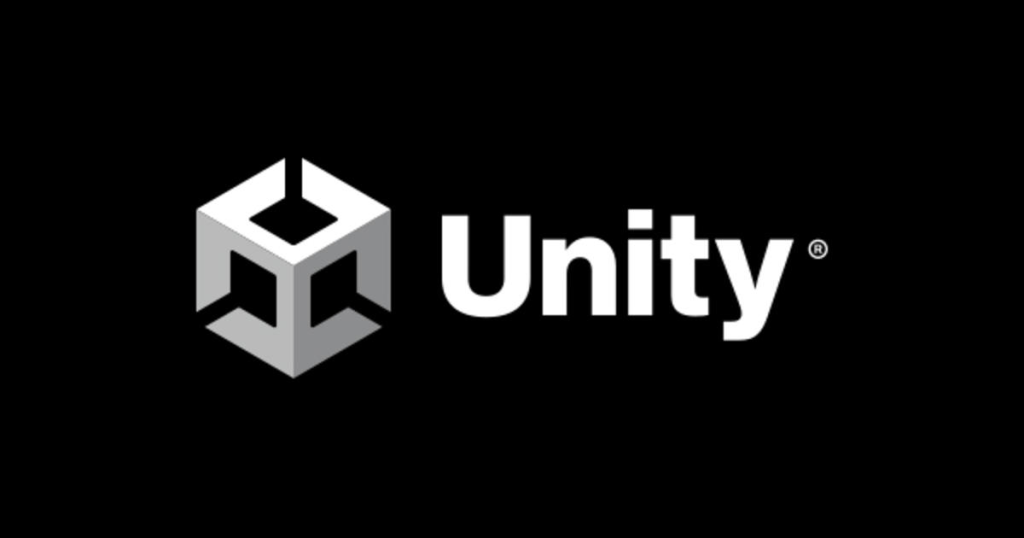
The Flexibility of Unreal Engine
Unreal Engine, developed by Epic Games, is celebrated for its stunning visuals and graphical prowess. Games like “Fortnite” and “Gears of War” owe their visual splendor to Unreal. The engine’s photorealistic capabilities make it a go-to choice for developers aiming for visual fidelity.
Unreal Engine offers a suite of tools for level design, animation, and cinematics. Its Blueprint visual scripting system empowers developers to create complex gameplay systems without diving deep into code. Moreover, Unreal Engine’s Marketplace is a treasure trove of assets and plugins.
However, Unreal Engine’s learning curve can be steep, especially for newcomers to game development. Its complexity may deter smaller studios or solo developers. Additionally, the engine’s licensing fees for commercially successful games can be substantial.

The Indie Charm of Godot
Godot has emerged as a beloved choice among indie developers for its simplicity and open-source nature. It’s the engine behind “Hollow Knight: Silksong” and “Stardew Valley.” Godot’s lightweight installation and intuitive scripting language (GDScript) make it approachable for developers with limited resources.
One of Godot’s standout features is its emphasis on 2D game development. While it supports 3D, its 2D capabilities shine, making it an ideal choice for pixel art and 2D platformers. Furthermore, Godot’s community is known for its helpfulness and inclusivity.
However, Godot may not be the best fit for large-scale 3D projects or AAA titles. Its 3D rendering capabilities, while improving, are not on par with Unity or Unreal Engine. Additionally, the engine’s documentation, while improving, may not be as extensive as its more established counterparts.
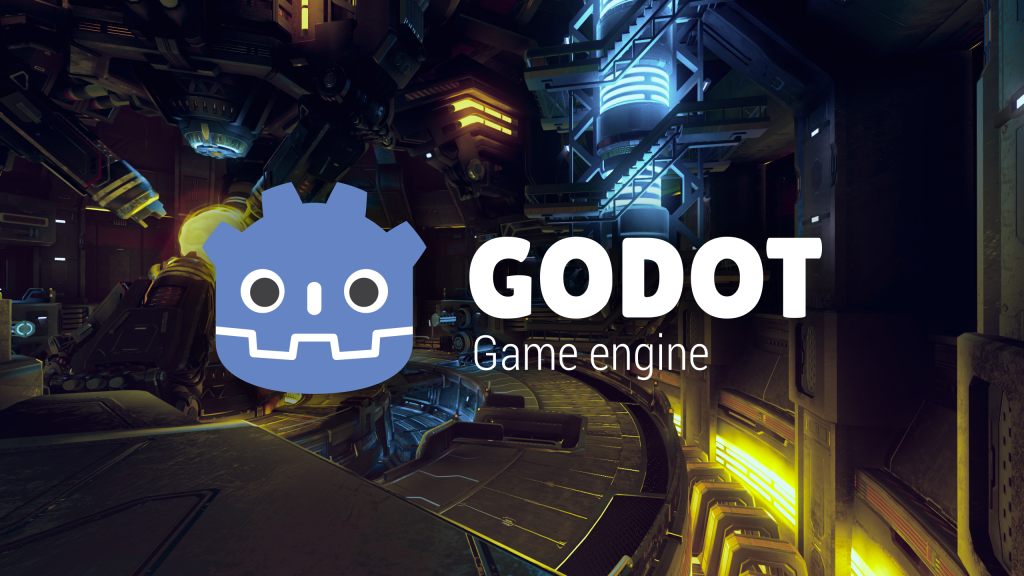
The Realm of Custom Engines
For some developers, the allure of crafting a custom game engine is irresistible. It offers complete control and the ability to tailor every aspect to the game’s unique needs. Companies like CD Projekt Red, with “Cyberpunk 2077,” have taken this path to create highly specialized engines.
Custom engines can achieve unrivaled performance and visuals, perfectly tailored to the game’s requirements. However, they come with a tremendous development cost and time investment. Not every studio has the resources or expertise to embark on this ambitious journey.
The Conclusion: A Multifaceted Decision
Choosing the right game engine is a multifaceted decision that hinges on a developer’s goals, resources, and project scope. Unity offers accessibility and a thriving community, Unreal Engine excels in visual fidelity, Godot charms with its simplicity, and custom engines offer unparalleled control.
Ultimately, the developer’s dilemma is a testament to the diverse and dynamic nature of the game development industry. There’s no one-size-fits-all answer, but the journey of choosing a game engine is an integral part of the creative process—one that shapes the way we experience and interact with games.
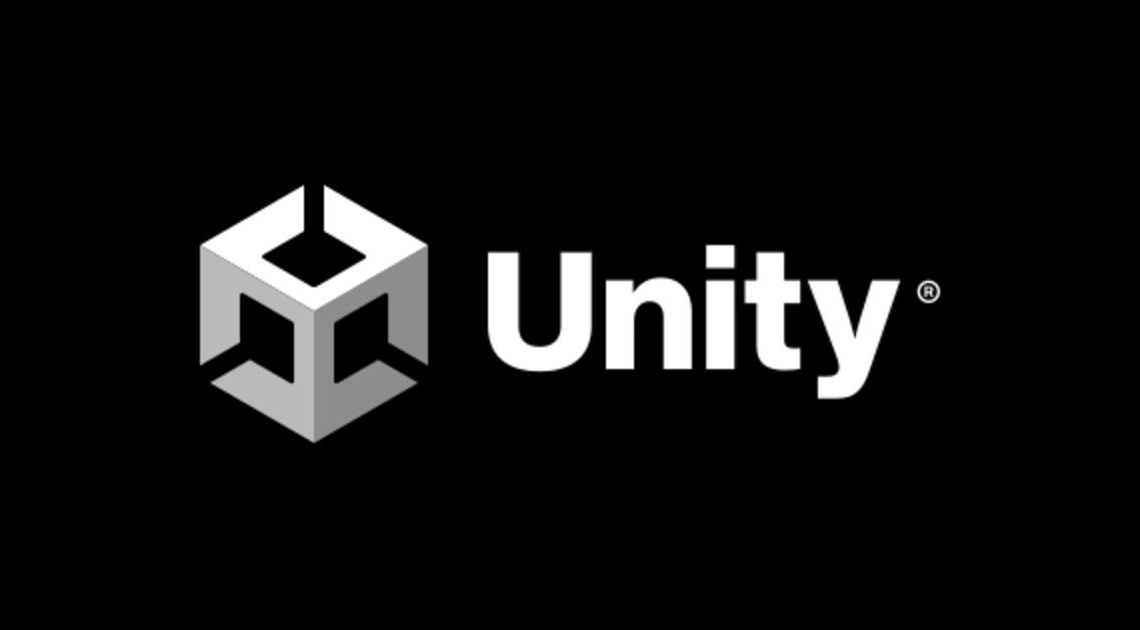
 The Future of Gaming: How Cloud Gaming Technology is Changing the Way We Play
The Future of Gaming: How Cloud Gaming Technology is Changing the Way We Play 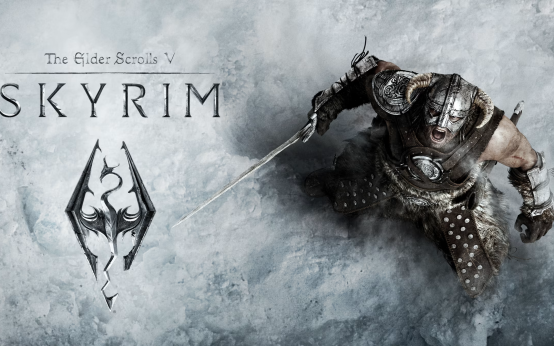 Choosing the Right Game Engine: A Developer’s Dilemma
Choosing the Right Game Engine: A Developer’s Dilemma 
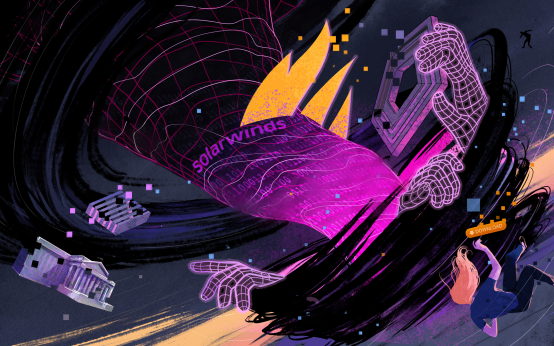 Coding Challenges: Tips for Aspiring Game Developers
Coding Challenges: Tips for Aspiring Game Developers